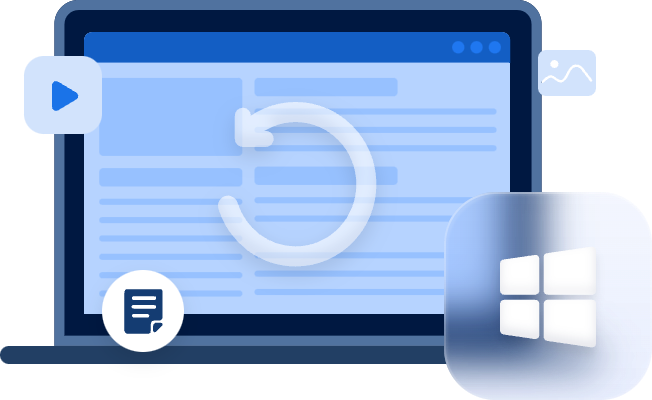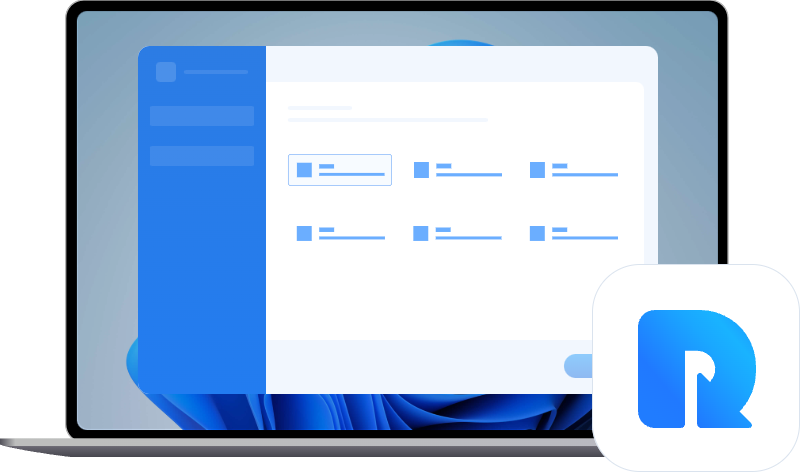Unlocking the Power: Import OST File into Outlook with Ease
Read this post to learn how to import OST files into Outlook effortlessly.
Are you struggling to access your emails stored in an OST file? Fear not, as this comprehensive guide will walk you through the process of importing OST files into Outlook with ease. Whether you're a novice or an experienced user, understanding the intricacies of OST files and the methods to integrate them into Outlook is crucial for seamless email management. So, let's dive in and unlock the power of effortlessly importing OST files into Outlook.
Introduction
In today's digital age, emails play a pivotal role in communication, both professionally and personally. Microsoft Outlook stands out as one of the most popular email clients, offering a myriad of features to enhance productivity. However, when it comes to accessing emails stored in Offline Storage Table (OST) files, users often encounter challenges. This article aims to demystify the process of importing OST files into Outlook, enabling users to seamlessly access their email data.
Understanding OST Files
What is an OST File?
An OST (Offline Storage Table) file is an offline copy of the mailbox data stored on the Exchange server. It allows users to access their emails, contacts, calendars, and other mailbox items even when they are not connected to the server. OST files facilitate offline access and synchronization with the Exchange server once the connection is restored.
How Does OST File Differ from PST?
While OST and PST (Personal Storage Table) files serve similar purposes, they differ in functionality and usage. OST files are created and used by Microsoft Outlook in conjunction with an Exchange server to enable offline access to mailbox data. On the other hand, PST files are independent of the server and are typically used for archiving and backup purposes.
Why Import OST Files into Outlook?
Importing OST files into Outlook offers several benefits:
Unified Email Management: Consolidate all your email accounts and mailbox data within Outlook for streamlined management.
Offline Access: Access your emails and mailbox data even when you're offline, ensuring uninterrupted productivity.
Integration with Outlook Features: Leverage Outlook's robust features such as advanced search, filters, and categorization to enhance email organization and efficiency.
Data Backup and Recovery: By importing OST files into Outlook, you create a backup of your mailbox data, ensuring data integrity and facilitating easy recovery in case of server failure or data loss.
Methods to Import OST File into Outlook
There are two primary methods to import OST files into Outlook:
Using Microsoft Outlook Application
Microsoft Outlook provides built-in functionality to import OST files:
1. Open Outlook and navigate to "File" > "Open & Export" > "Import/Export".
2. Select "Import from another program or file" and click "Next".
3. Choose "Outlook Data File (.pst)" as the file type to import.
4. Select the OST file you want to import and follow the on-screen instructions to complete the import process.
Converting OST to PST Using Software Tools
Alternatively, you can use third-party software tools for OST to PST conversion:
1. Choose a reliable OST to PST conversion tool such as MyRecover.
2. Install and launch the software on your system.
3. Select the OST file you wish to convert and choose the destination PST file.
4. Initiate the conversion process and wait for the software to complete the conversion.
5. Once the conversion is finished, import the PST file into Outlook using the built-in import functionality.
MyRecover: A Reliable Tool for OST to PST Conversion
When it comes to OST to PST conversion, MyRecover emerges as a top choice for users seeking efficiency and reliability. Let's explore why MyRecover is the go-to solution for seamless data migration:
Features of MyRecover
User-Friendly Interface: MyRecover boasts an intuitive interface that makes OST to PST conversion effortless, even for novice users.
Speed and Efficiency: With advanced algorithms, MyRecover ensures swift and accurate conversion of large OST files into PST format.
Preservation of Data Integrity: During the conversion process, MyRecover maintains the integrity and structure of mailbox data, ensuring no loss or corruption of information.
Compatibility: MyRecover supports all versions of Microsoft Outlook and is compatible with various Windows operating systems, offering versatility and convenience to users.
How to Use MyRecover
Using MyRecover is straightforward:
1. Launch the MyRecover software on your system.
2. Select the OST file you want to convert.
3. Choose the destination folder and file format (PST).
4. Initiate the conversion process and let MyRecover work its magic.
5. Once the conversion is complete, import the PST file into Outlook for seamless access to your mailbox data.
Conclusion
In conclusion, importing OST files into Outlook is essential for efficient email management and data accessibility. Whether you opt for the built-in import functionality of Microsoft Outlook or rely on third-party tools like MyRecover, the key is to choose a method that suits your needs and ensures seamless integration of OST files into Outlook. With the right approach and tools at your disposal, you can unlock the full potential of Outlook and streamline your email management process.
FAQs
1. Can I import OST files into Outlook without Exchange server access?
Yes, you can import OST files into Outlook using various methods, including built-in import functionality or third-party conversion tools like MyRecover, without requiring access to the Exchange server.
2. Is it necessary to convert OST files to PST before importing into Outlook?
Converting OST files to PST format is recommended to ensure compatibility and seamless integration with Outlook. While Outlook can directly import OST files, converting them to PST provides added flexibility and accessibility.
3. Does MyRecover support batch conversion of OST files?
Yes, MyRecover supports batch conversion of multiple OST files, allowing users to streamline the conversion process and save time and effort.


